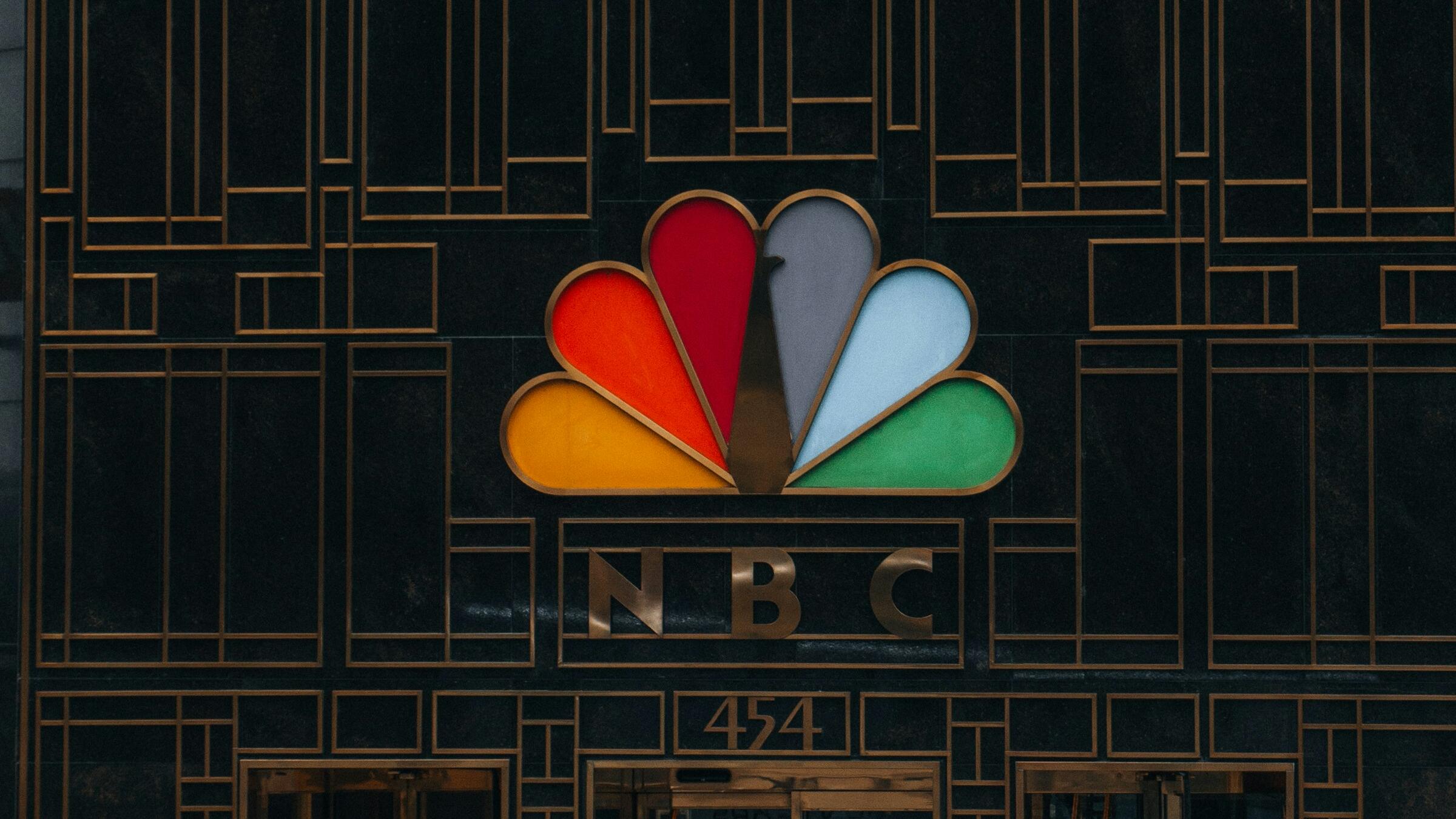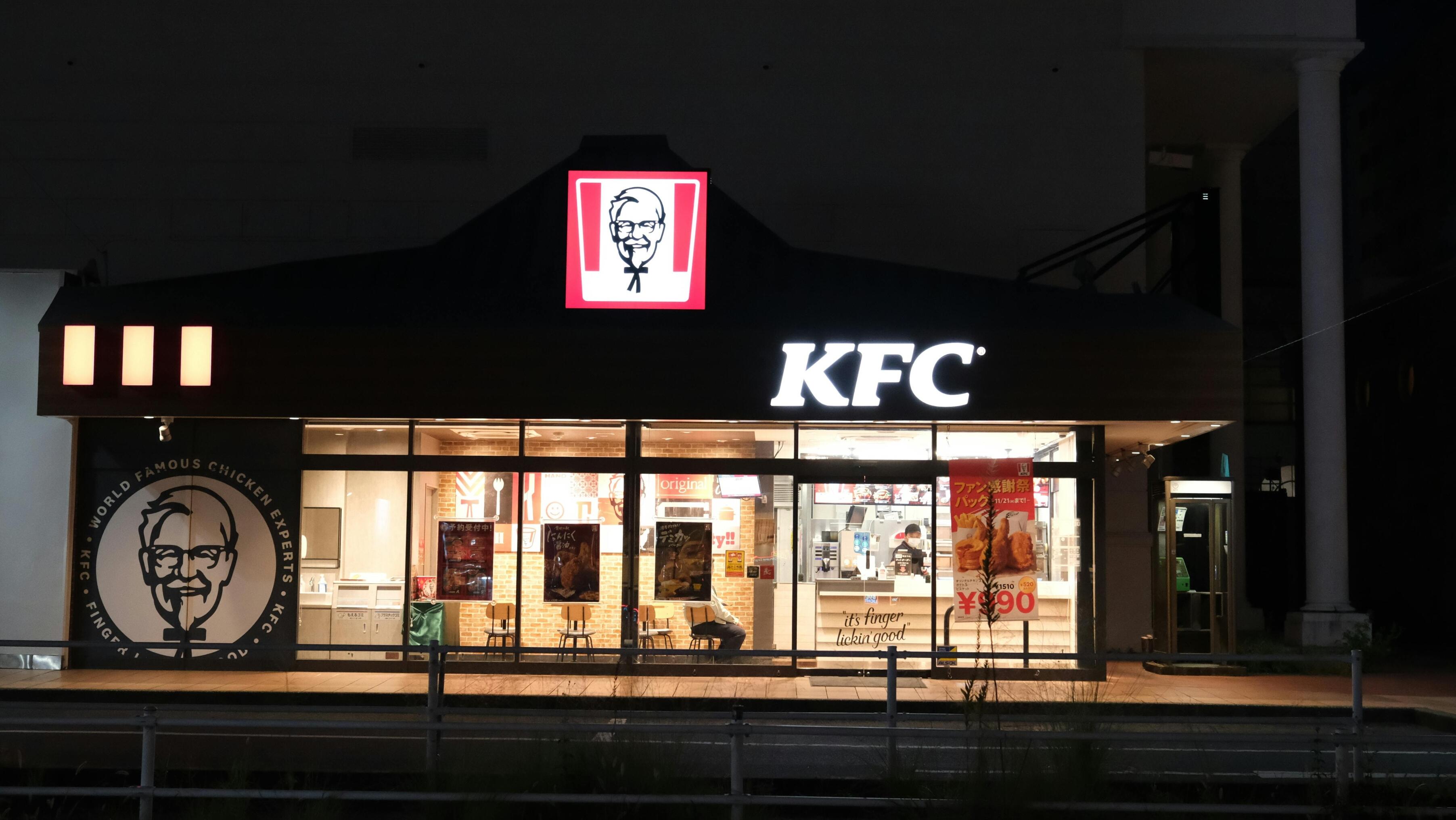
Automakers pull back on Super Bowl advertising

Automakers have retreated from advertising at the Super Bowl amid an uncertain market. This will lead auto companies to have the smallest footprints in decades during this year’s event on 8 February. “It’s definitely been on the decline,” said Sean Muller, CEO of ad data company iSpot. “Autos are tightening their belts, and they’re probably pulling back on their budgets, and certainly that’s reflected. I think the Super Bowl is a good barometer for all of this.” The drop has been an ongoing trend: automakers accounted for 40% of Super Bowl ad minutes in 2012 but declined to 7% by 2025, according to iSpot. Only General Motors, Toyota, and Volkswagen are expected to advertise during the match between the Seattle Seahawks and New England Patriots, with their ads totalling only around two minutes combined. Last year, the only automaker to advertise was Chrysler parent Stallantis, with two ads totalling three minutes. The decline follows instability in the industry that started in 2020 during the pandemic, that were only heightened recently by tariffs and pullbacks in all-electric vehicles that have cost companies billions of dollars. However, auto makers are still embracing other sports, accounting for roughly



